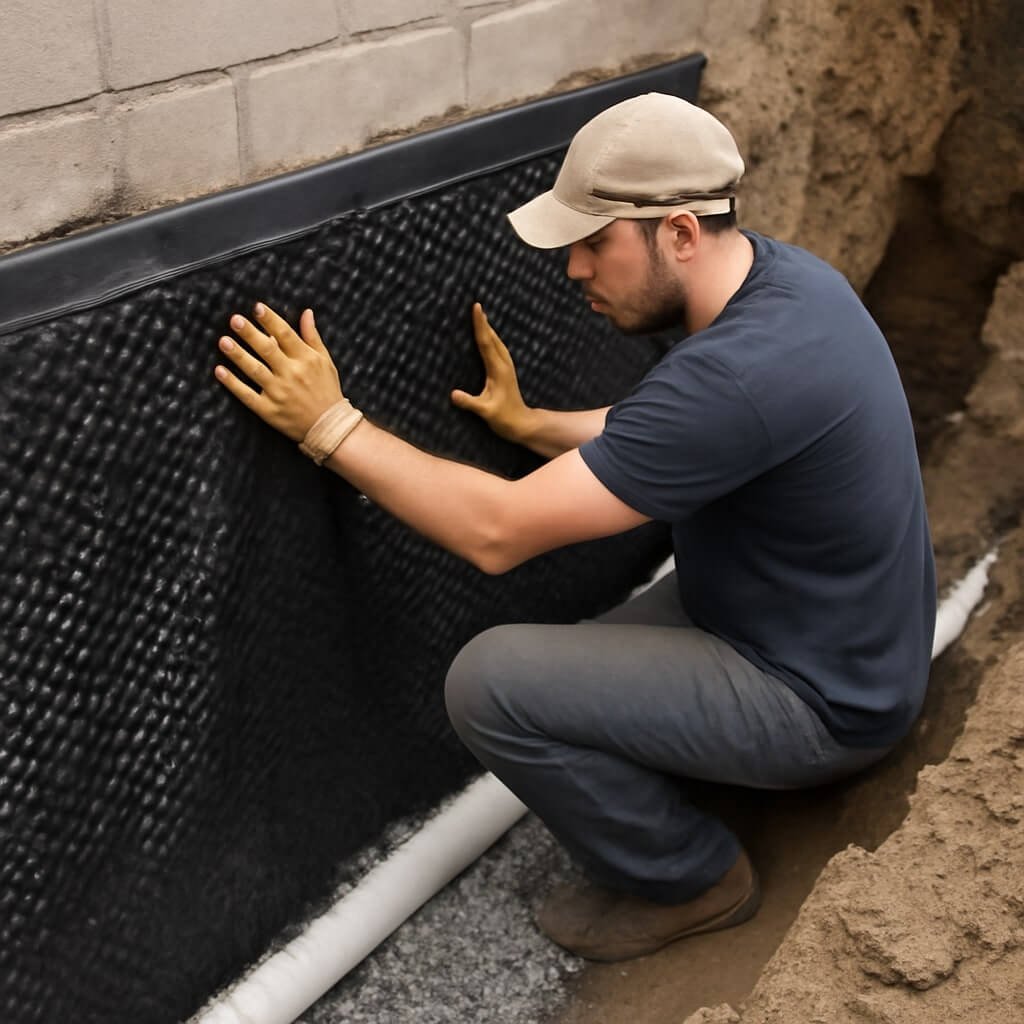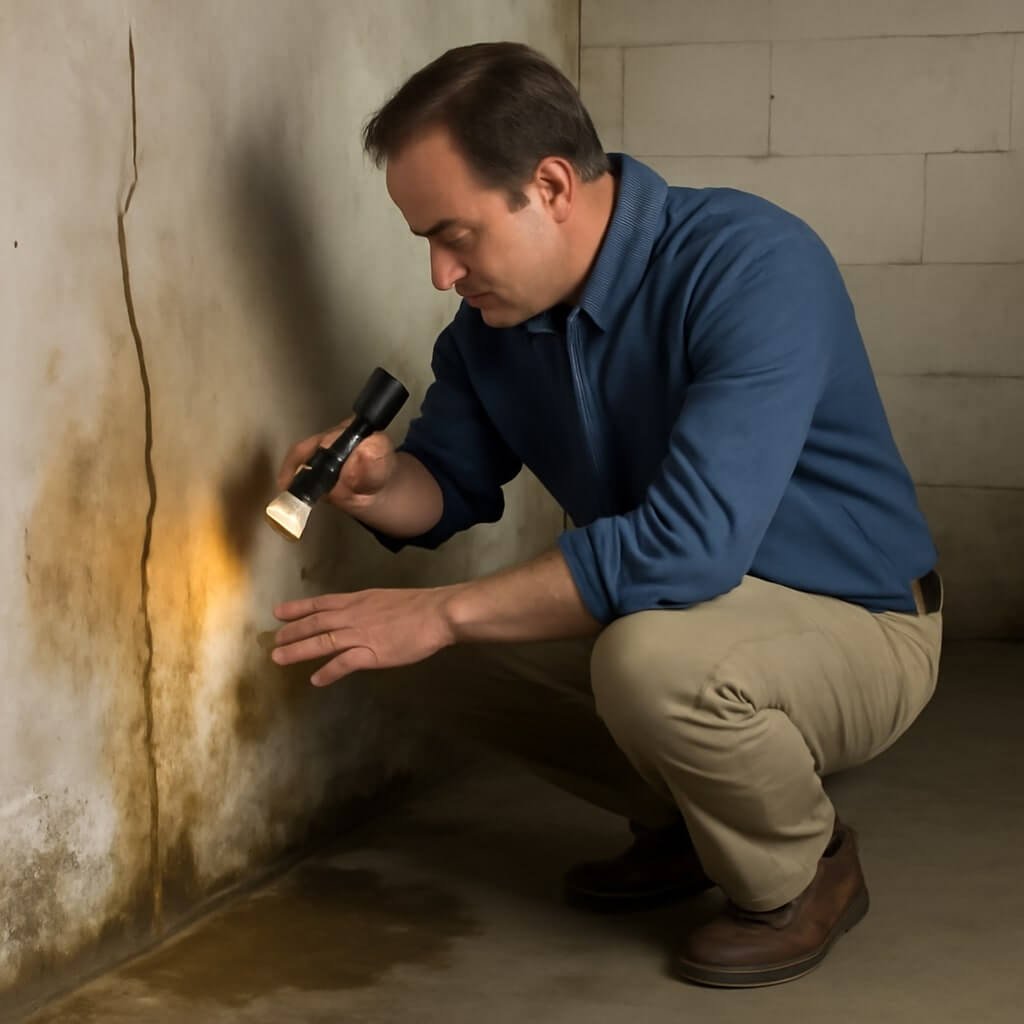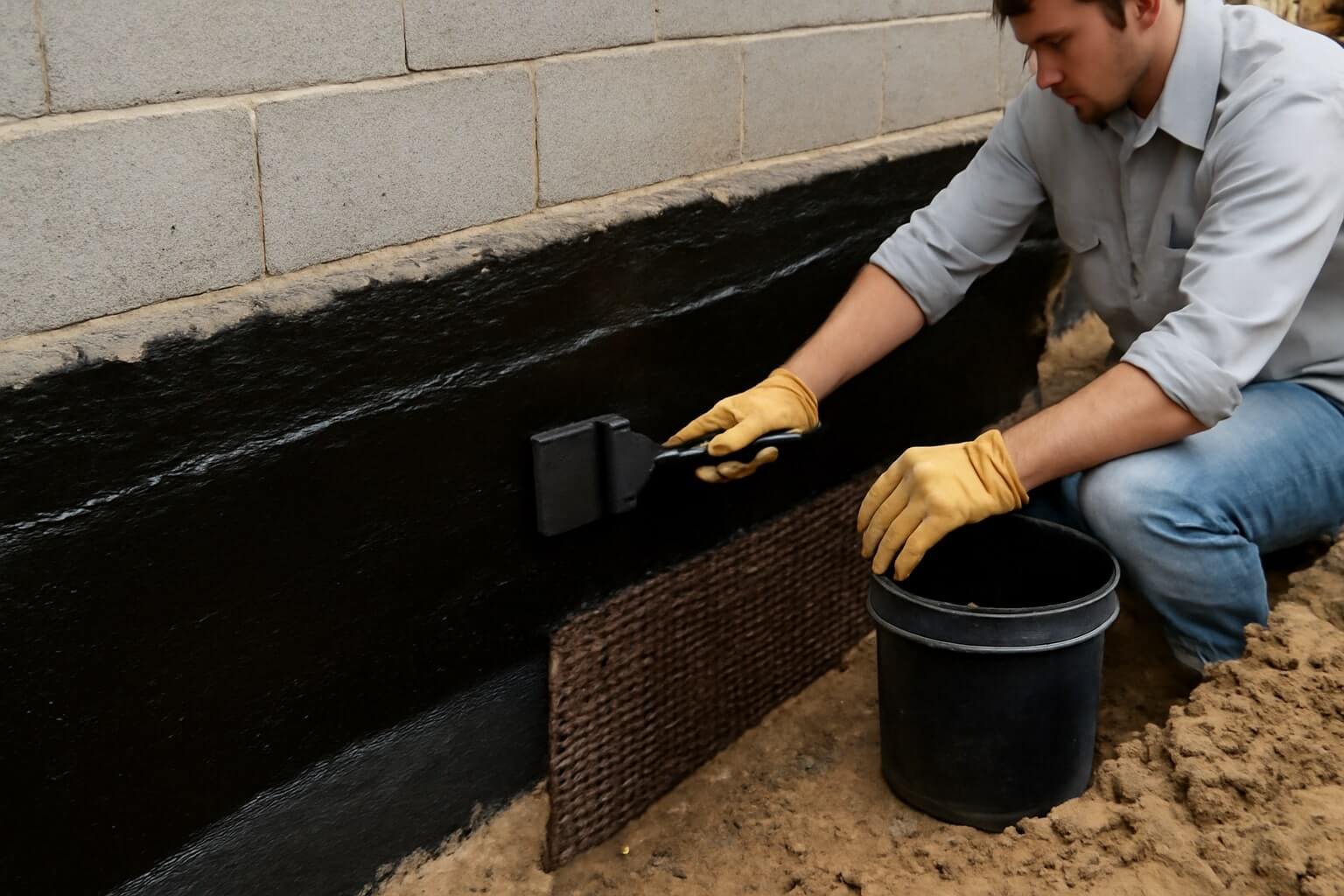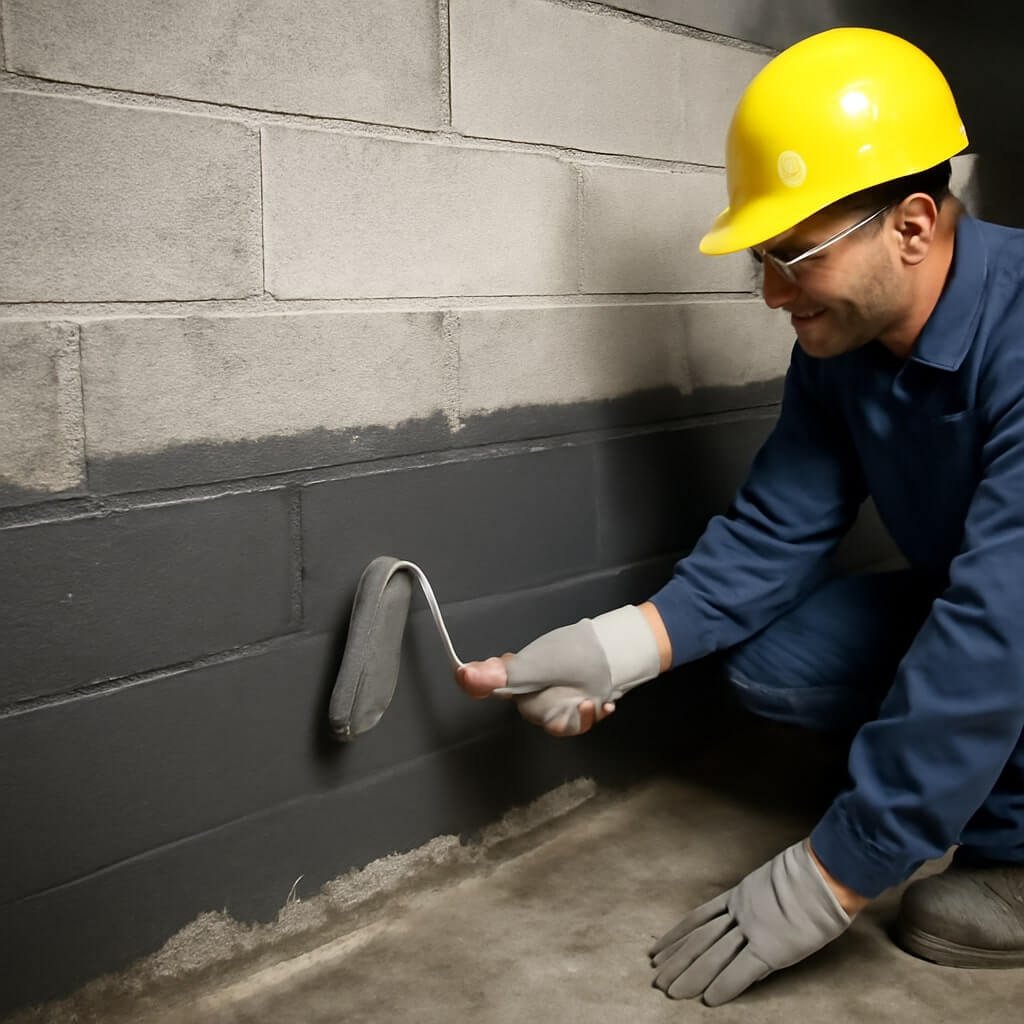Basement waterproofing is a critical home maintenance task that protects your property’s foundation and overall structural integrity. Without effective waterproofing, basements can quickly fall victim to moisture intrusion, resulting in mold, mildew, and costly repairs. Professional basement waterproofing installation services provide expert solutions to keep your basement dry, safe, and usable. Whether you want to prevent flooding or fix existing leaks, understanding the various techniques and options is essential.
Why Professional Basement Waterproofing Installation Services Matter
Many homeowners attempt DIY waterproofing, but water problems often persist due to improper methods or inadequate materials. Professional waterproofing services bring years of expertise, industry-standard equipment, and quality materials to the job, ensuring long-lasting results. Moreover, specialists can accurately diagnose the source of moisture problems, whether it’s due to poor drainage, foundation cracks, or high groundwater levels. By investing in professional services, you save time, money, and stress in the long run.
Common Causes of Basement Water Damage
Before waterproofing, it’s important to know what causes water damage in basements. Common issues include:
- Poor drainage: Improper grading around the home allows water to pool near foundation walls.
- Cracked foundation walls: Structural shifts can create small or large cracks, letting water seep in.
- Hydrostatic pressure: The buildup of groundwater against basement walls forces moisture inside.
- Faulty gutters/downspouts: Blocked or misdirected gutters cause water to overflow near the foundation.
- High humidity: Excess moisture in the air can lead to condensation and mold growth.
Identifying the root cause helps in selecting the right waterproofing approach.
Types of Basement Waterproofing Systems
Waterproofing can be done through various systems, each tailored to different moisture issues.
Interior Waterproofing Solutions
Interior systems are designed to stop water once it enters the basement. Common methods include:
- Installing drainage channels along the foundation’s interior walls.
- Applying waterproof coatings and sealants to walls and floors.
- Using sump pumps to remove accumulated water.
This approach is often more affordable and quicker but may not stop all moisture from entering.
Exterior Waterproofing Solutions
Exterior waterproofing involves treating the outside of the foundation to prevent water intrusion. Techniques include:
- Excavating soil around the basement walls.
- Applying waterproof membranes or coatings.
- Installing exterior drainage tiles or French drains.
While more labor-intensive, exterior waterproofing offers a more permanent solution.
Drainage Systems and Sump Pumps
Effective drainage is key to waterproofing. Sump pumps collect water from the drainage system and pump it away from the home. Combined with proper grading and gutters, drainage systems help control water levels around the foundation.
Step-by-Step Process of Professional Basement Waterproofing Installation
Professional waterproofing follows a detailed process:
- Inspection and Assessment: Identifying moisture sources and damage extent.
- Excavation (for exterior solutions): Digging around the foundation to access the walls.
- Cleaning and Repair: Removing dirt, debris, and fixing cracks.
- Membrane Application: Applying waterproof coatings or installing drainage systems.
- Installation of Sump Pumps or Drain Tiles: Ensuring water can be efficiently removed.
- Backfilling and Grading: Restoring soil and ensuring proper drainage slopes.
- Final Testing: Confirming system effectiveness before project completion.
Signs You Need Professional Basement Waterproofing Services
If you notice any of the following, it’s time to call in the experts:
- Persistent dampness or water stains on walls.
- Musty odors indicate mold or mildew.
- Cracks in foundation walls or floors.
- Efflorescence (white powdery substance) on masonry.
- Water is pooling during heavy rain.
- Warped floors or peeling paint.
Materials Used in Basement Waterproofing
Waterproofing requires durable, high-quality materials such as:
- Waterproof membranes: Rubberized asphalt, polyethylene sheets.
- Sealants and coatings: Epoxy, polyurethane.
- Drainage pipes: Perforated PVC pipes.
- Sump pumps: Submersible or pedestal models.
- Gravel and drainage aggregates: To facilitate water flow.
Benefits of Hiring Professional Waterproofing Contractors
Working with professionals offers many advantages:
- Expert diagnosis and tailored solutions.
- Use of premium materials.
- Compliance with local building codes.
- Extended warranties and insurance.
- Peace of mind and increased home value.
Cost Factors of Basement Waterproofing Installation
Costs vary widely depending on:
- Basement size and condition.
- Type of waterproofing system.
- Labor and material costs in your area.
- Additional repairs needed.
- Accessibility and excavation requirements.
Professional contractors typically provide detailed estimates upfront.
Maintenance Tips After Basement Waterproofing Installation
To keep your basement dry over time:
- Regularly inspect gutters and downspouts.
- Maintain proper grading around your home.
- Test sump pumps annually.
- Monitor humidity levels and use dehumidifiers if needed.
- Address any new cracks or leaks promptly.
How to Choose the Right Waterproofing Company
Consider the following when selecting a contractor:
- Experience and reputation.
- Verified customer reviews.
- Licensing and insurance.
- Transparent pricing and detailed contracts.
- Availability of warranties.
Request multiple quotes and ask for references.
Frequently Asked Questions (FAQs)
1. How long does a basement waterproofing installation take?
Typically, professional waterproofing can take from a few days up to two weeks, depending on the system and extent of work required.
2. Can I waterproof my basement myself?
DIY methods exist but are usually less effective and may not address all underlying issues, risking further damage.
3. Will waterproofing increase my home’s value?
Yes, a dry basement adds to home value and appeal by preventing damage and expanding usable living space.
4. How often should basement waterproofing be redone?
Professional waterproofing can last 10-20 years, but regular inspections are crucial for identifying any issues early.
5. Is basement waterproofing covered by homeowners’ insurance?
Generally, insurance covers sudden water damage but not gradual seepage or lack of maintenance.
6. What is the difference between waterproofing and damp proofing?
Waterproofing creates a barrier to prevent all water intrusion, while damp proofing only reduces the passage of moisture.
Conclusion and Final Recommendations
Professional basement waterproofing installation services are vital to protect your home’s foundation, prevent mold growth, and preserve property value. Understanding causes, methods, and maintenance can empower you to make informed decisions. Always choose reputable contractors who use proven materials and techniques to ensure lasting results. Taking action early is the best way to avoid costly repairs and enjoy a dry, healthy basement for years to come.




